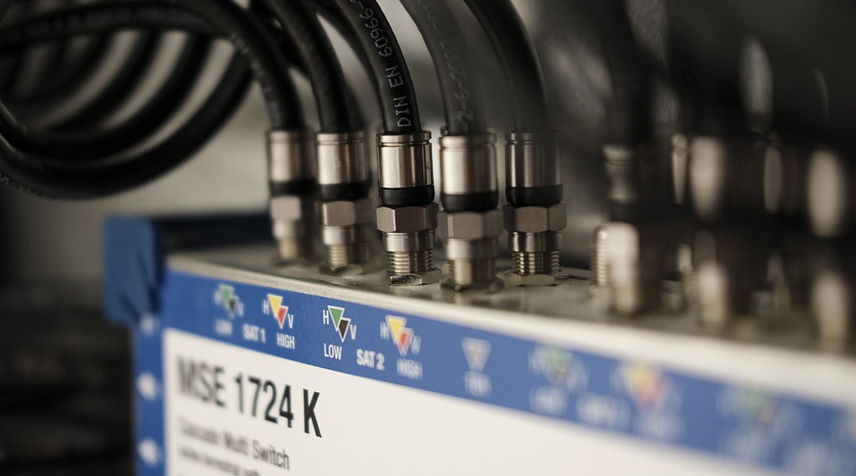Understanding the Core: What Makes a Dodge Truck Transmission Tick?
Dodge trucks have long been synonymous with reliability and power, but their transmissions stand as crucial cogs in that success story. Whether you’re pulling a massive trailer or simply navigating daily commutes, understanding your truck’s transmission is key to getting the most out of your ride.
A transmission’s role is simple yet profound: It seamlessly transfers engine power to the wheels, ensuring your vehicle moves forward with controlled force and efficiency.
The heart of any Dodge truck transmission lies in its internal gear system. It’s a complex dance of gears, shafts, clutches, and synchronizers that work together to manage torque (force) and speed.
Think of it like this: the engine provides the raw power, but transmission delivers that energy where it needs to go, be it accelerating, cruising at highway speeds, or handling steep inclines.
Modern Dodge trucks offer a variety of transmission choices, each tailored for specific workloads and driving preferences. Let’s explore some popular options:
Automatic Transmissions: Smooth Sailing
Automatic transmissions have revolutionized truck ownership. Imagine the convenience—shifting gears without lifting your foot from the brake pedal! These transmissions excel in smooth acceleration and effortless gear changes.
Commonly found in Dodge trucks, these automatic transmissions are known for their reliability and ease of use. A good example is the 8-speed Torque Converter Automatic (TCC) in many Dodge models. It’s a robust choice designed for towing and hauling heavy loads. The system uses sophisticated hydraulics and clutches to manage gear changes, ensuring smooth transitions.
Another popular automatic option is the 6-speed Auto Trans with a Heavy Duty Gearset found in more rugged models. This transmission is specifically engineered to handle tougher conditions and heavier payloads.
Manual Transmissions: The Driver’s Choice
For those who yearn for the thrill of manual control, Dodge also offers manual transmissions. These offer a level of engagement and connection with your vehicle that automatic transmissions simply can’t match.
With its clutch pedal and shifting lever, you actively participate in the driving experience. Manual transmissions require more effort from the driver, but they also give you complete control over acceleration, gear selection, and engine braking.
The 6-speed manual transmission is a popular choice for Dodge trucks. Its robust design allows drivers to tackle all kinds of terrains and hauling situations.
For experienced drivers seeking that extra level of control, the 5-speed Manual Transmission (available in some models) provides a more direct experience.
Whether you choose automatic or manual, each transmission has its own strengths and weaknesses. The best choice depends on your individual driving needs and preferences.
Key Considerations: Choosing Your Dodge Truck Transmission
Selecting the right transmission for your Dodge truck involves considering various factors to ensure a smooth experience and maximize performance.
Consider your Driving Style: If you primarily drive in urban areas, an automatic transmission may be more practical than a manual. For off-roading or heavy towing, a manual or a more robust automatic might be better suited.
Towing Capacity and Payload Limit: If you frequently haul trailers or carry heavy loads, the transmission’s ability to handle torque and power fluctuations is essential. The towing capacity of your truck will dictate the type of transmission that will work best for you.
Fuel Efficiency and Cost-Effectiveness: Automatic transmissions generally offer better fuel economy than manual transmissions.
While automatic transmissions are known for their smooth shifts, manual transmissions, especially with a higher gear ratio, can deliver better mileage in certain conditions. You’ll want to weigh the pros and cons and calculate your overall cost-effectiveness.
Long-Term Reliability and Maintenance: Dodge trucks have a reputation for durability. Modern transmissions are designed to be long-lasting, but regular maintenance is crucial for optimal performance.
Finding The Right Transmission for Your Needs
Choosing the right transmission depends on your specific needs. If you’re unsure which type of Dodge truck transmission best suits your requirements, consulting with a trusted mechanic or an experienced service provider can provide informed guidance.
They can assess your driving habits and help you make the most suitable choice for your needs.
A well-maintained transmission is crucial to the longevity and performance of your Dodge truck. Regularly schedule maintenance like fluid changes (transmission fluid), filter replacements, and even a thorough inspection with a trusted mechanic
## Maintaining Your Transmission: A Comprehensive Guide Keeping your Dodge truck’s transmission in top condition is essential for reliable performance and longer life. Here are some maintenance practices to keep in mind.
Regular Maintenance:
A key element of maintaining a Dodge truck’s transmission is regular maintenance. This includes checking fluid levels, filters, and components.
Checking Transmission Fluid Level: It’s crucial to regularly check the level of your transmission fluid using the dipstick gauge. If the level is low, you’ll need to top off the fluid with the recommended type (check your owner’s manual for specifics).
Changing Transmission Fluid: This is a critical maintenance task that needs to be done every 30,000-100,000 miles. The frequency can vary depending on driving habits and conditions.
Replacing Filters: Regular filter replacements are vital for optimal transmission performance. The transmission filter captures debris and contaminants, ensuring smooth operation. These filters should be replaced every 30,000-100,000 miles.
Other Maintenance Tasks:
Consult your owner’s manual for specific maintenance recommendations, including those that may apply to your particular Dodge truck model. Some tasks might involve inspecting the drive axles, belt systems, or other components related to transmission functionality.
Address Issues Promptly:
Early detection and addressing potential issues can prevent more significant problems down the line. If you experience any unusual noises from the transmission, abnormal fluid smells, or shifting issues, promptly contact a mechanic for diagnosis.
Preventive Maintenance: A Proactive Approach
Prevention is always better than cure! Implementing preventative maintenance strategies can help maintain your Dodge truck’s transmission and extend its lifespan.
Regularly inspecting the vehicle for any warning signs such as leaks, unusual noises, or slipping gears is crucial in catching minor issues before they escalate into major problems.
A proactive approach to maintenance ensures a smoother driving experience and enhances the overall efficiency of your Dodge truck.


